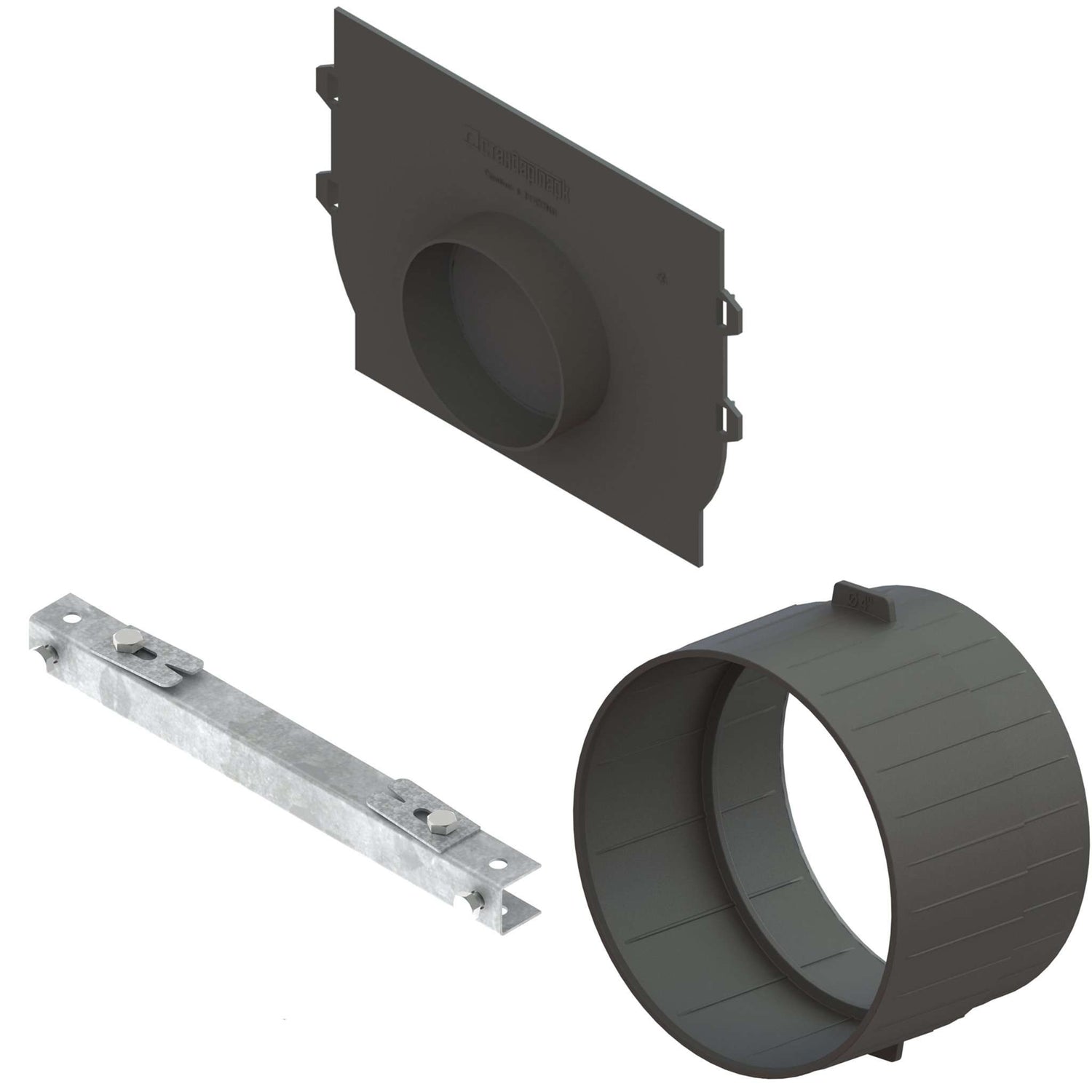DIY construction and home improvement projects can get tough real quick once you realize just how much time, effort and knowledge is required to complete a job correctly and efficiently. Whether you’re a homeowner, business owner, or general contractor, property management may call for some specialized expertise, like the installation of permeable pavers for example. Great for reducing stress on overencumbered sewage and drainage systems, these pavers can streamline runoff and excess liquid. But, what are they? And do they differ from standard pavers?
Below, we’ve put together a quick and easy guide that discusses some of the basics of permeable pavement and permeable paving options. These paving systems are not only easy to install, but they provide loads of versatility in situations where standard concrete and/or gravel is prone to erosion and other damages. Let’s take a look at what permeable pavers are, and why these systems are so useful in many situations.
Permeable Pavers Diagram
Perhaps the best place to begin is by examining a permeable pavers diagram to get a sense of its design, and how this correlates to installation. These kinds of pavers are developed with very specific technology that captures excess liquid runoff and provides a stable system for absorption into the ground beneath.
How Do Permeable Pavers Work?
As the permeable pavers diagram indicates, these units feature a number of open cells that are filled with either grass, or gravel. When it rains, these cells are designed to let water enter into their surfaces, where it then gets detained in the base, and absorbed into the ground beneath. Water can drain between gaps in permeable paving slabs or through spaces in the porous concrete paving.
What makes these systems so unique is that when compared to traditional pavement materials such as concrete, asphalt, and gravel that are prone to flooding, pooling, and runoffs, these paving grids have a porous surface to naturally mimic the way the ground reacts to rainwater. In turn, water permeable paver grids not only keep water from pooling on your property, but they also help to reduce the amount of runoff that enters storm drains.
Types of Permeable Paving Options
Water permeable pavers and other types of grids are primarily used in places where water runoff can be a cause for issue or damage. Some specific applications for permeable paving systems include:
Benefits of Using Water Permeable Pavers
Aside from reducing water runoff and preventing flooding, permeable paver grids have many other benefits that range from:
Contact Vodaland today to explore the best and highest quality draining solutions and permeable paving options available.



